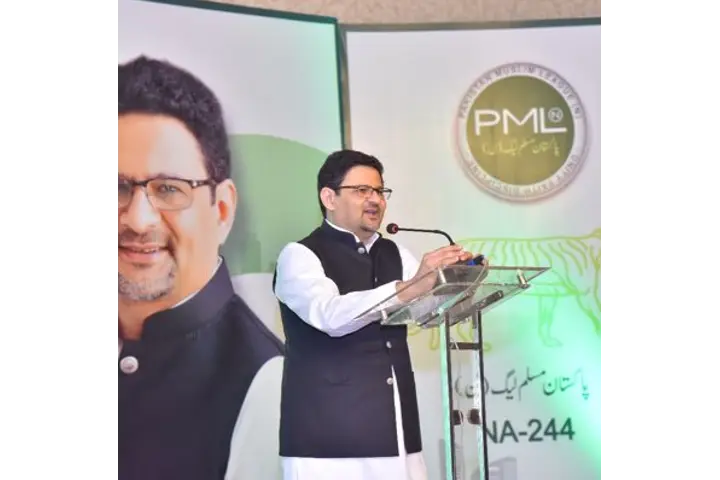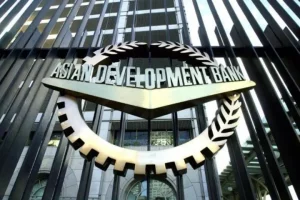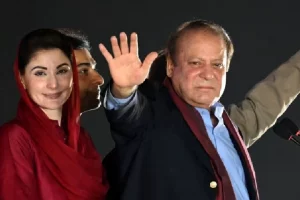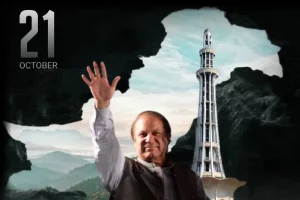Pakistan newly appointed finance minister Miftah Ismail will be the man of the moment. His actions will be scrutinised with a fine toothcomb as he as he takes over at a time when Pakistan’s debts have ballooned amid weakening foreign exchange reserves.
He will have to play his cards very carefully if he really desires to steer Pakistan out of the current economic crisis.
While his immediate job will be to resume negotiations with the International Monetary Fund (IMF), all eyes are on him as he is expected to carve out a roadmap for resetting trade ties with countries. “Will be reach out to the US, India and European countries-that is the moot question..we will get to know,” a foreign policy watcher told India Narrative.
“I will go to the IMF and we will get it restored.. The government will do the required belt-tightening. We will get budget discipline back on track,” he said at a press conference after taking over as finance minister.
Pakistan received $1 billion grant assistance from the IMF under its $6 billion Extended Fund Facility (EFF). While in 2019, IMF agreed for a bailout package, it halted assistance in January 2020, after former Pakistan Prime Minister Imran Khan refused to increase electricity tariff and impose additional taxes as prescribed by the multilateral agency.
Analysts said that the next few weeks will be crucial. The new government under Prime Minister Shehbaz Sharif will have to take some tough decisions. The Sharif administration has already said that it will continue with the close cooperation with Beijing and strengthen the China Pakistan Economic Corridor (CPEC).
Pakistan, under PTI leader and former prime minister Khan, saw four finance ministers in just a span of three years.
Last year Khan appointed Shaukat Tarin as his finance minister. Tarin was the fourth finance minister appointed within three years.
Rise of Shehbaz Sharif: A new opportunity for normalising Indo-Pak ties?




















